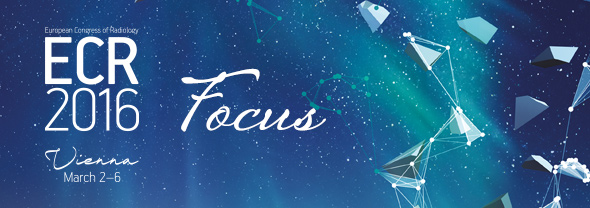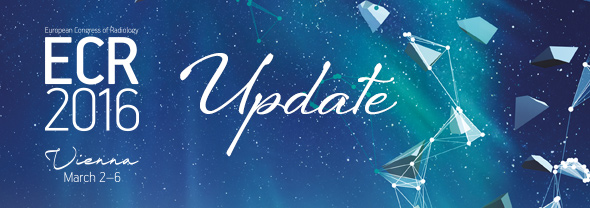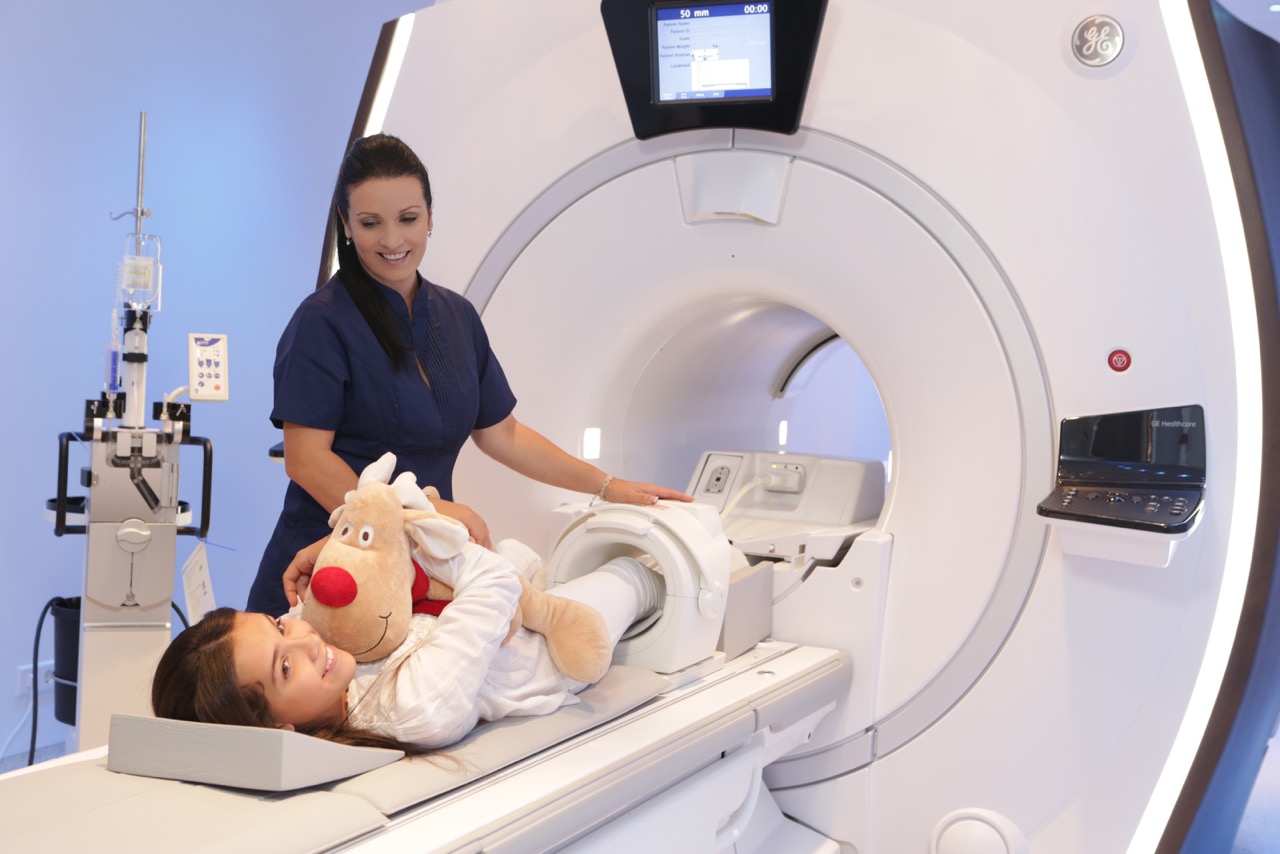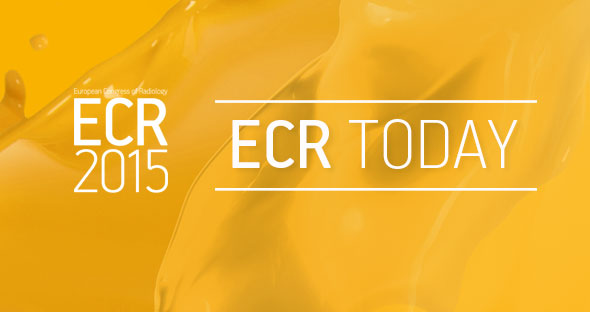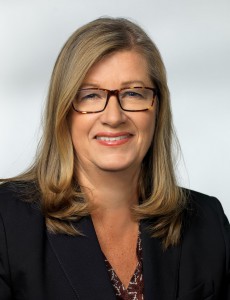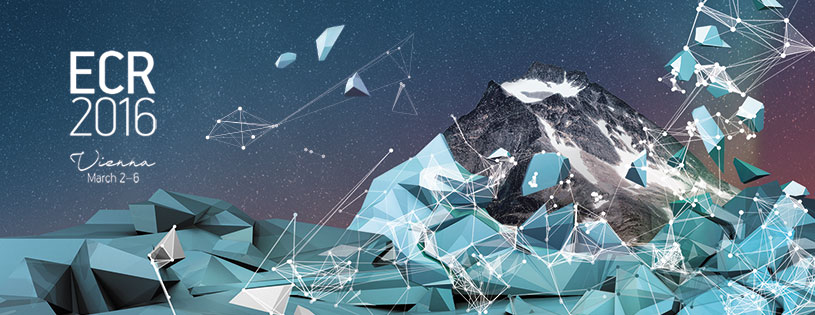
Dear Friends, dear Colleagues
I hope you are looking forward to the European Congress of Radiology (ECR) 2016 as much as I am. Every year I love being at this wonderful event and it is a great privilege to be taking part as the Congress President this year. The task of putting together the programme for this year’s congress has been long, but very enjoyable, and I would now like to introduce a few of the highlights to you.
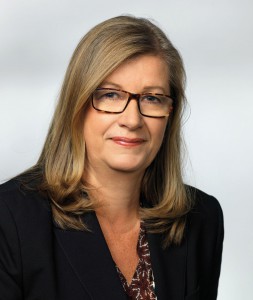
ECR 2016 Congress President, Prof. Katrine Riklund, from Umeå University Hospital, Sweden.
First of all, the ‘ESR meets’ sessions are always among the most anticipated every year and are a great example of how our congress brings people together from throughout the world. This year you will have the chance to learn about some fascinating topics, such as breast radiology in the Nordic countries, state-of-the-art radiology in Japan, and the transition from practice to reality in Colombia. It is important to note that these sessions are not aimed just at attendees from the guest countries, but at everyone, with the idea that you can discover something new. The same can be said of our guest discipline, nuclear medicine, which will feature in a joint session on hybrid imaging. You can also witness the launch of the new European Society for Hybrid Medical Imaging (ESHI) at the congress, and I encourage you to visit the ESHI booth in the entrance hall, where you can pick plenty of information about the new society.
The new formats introduced to the educational programme last year, under the European Excellence in Education E3 heading, will remain this year, which means you will find sessions with the right level of complexity, wherever you are in your professional development. From the Rising Stars Programme to the ECR Master Classes, there is something to suit everyone, and the sessions are marked with the knowledge level they are intended for. I strongly suggest seeking out your level and making the most of these sessions.
Read more…
